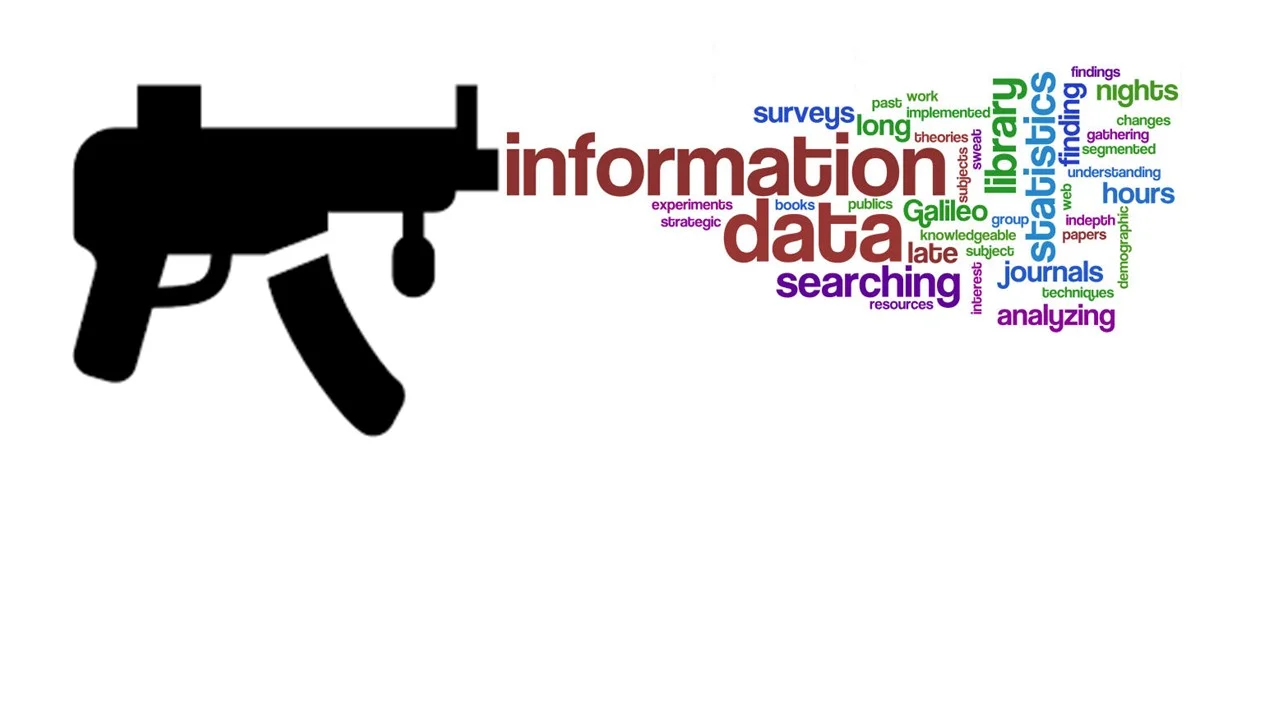A blog by Martin Erasmuson.
Information as a strategic weapon. Far-fetched? Orwellian? It’s happening now.
In her article on the Mainstream Media War Guardian journalist Carole Cadwalladr lays bare the battle being waged in our own living-rooms, and we don’t even know it’s happening. She describes at length the work of ‘Communications’ company Cambridge Analytica who worked on both the pro-Brexit and Trump campaigns. They describe social media as the key to their entire campaigns with: “A Facebook ‘like’, [] was their most “potent weapon. Using artificial intelligence, [] tells you all sorts of things about that individual and how to convince them with what sort of advert. Facebook ‘likes’ – are correlated across millions of others to produce uncannily accurate results. Data Scientists found that with knowledge of just 150 FB likes, their AI-model could predict someone’s personality better than their spouse. With 300, it understood you better than yourself”.
At that point she had my attention but then goes on to explain that once you understand a precise profile of an individual person, “minds can be changed. Behavior can be predicted and controlled. People don’t know it’s happening to them. Their attitudes are being changed behind their backs.”
Cambridge Analytica have such profiles for over 220 million voters in the US alone; and likely millions more around the world. To ‘weaponise’ that; machine-learning, artificial-intelligence and automation can read how a particular news story is trending on Facebook or Twitter, autogenerate thousands of new accounts that auto-post comments and ‘likes’ that takes the story in the direction you want it to go.
Ok, fully awake now. But is the term “Weaponised Information” still too OTT? Not according to the Russian MOD. Just last month on 22nd Feb 2017 they announced the establishment of ‘Information Warfare Units’. So yeah, that is a real thing.
While the political-right seems to have stolen a march with Brexit and the recent US election using this ‘weaponised-information’ approach, if history is our guide, no one retains a strategic advantage for long, particularly regards weapons. From muskets to nuclear weapons, once one person, tribe, country or political affiliation develop and use something new; pretty soon everyone else catches up, develops their own version and so a new equilibrium is reached.
Where this new war is different is the battleground. It’s virtual and stealthy. Forget sniffer-dogs and customs checks at the border. Those electrons slip in and out and no one notices. So back to my question, ‘What are the implications of ‘weaponised-information’ for us mere information-management-mortals tasked with managing it? So new is this concept of weaponized-information, even the dictionaries are behind the eight-ball. thefreedictionary.com, still describes ‘weapomise’ with traditional physical, military-based terms like ‘explosives’ and ‘missiles’.
The fact is……………. there are no facts. Facts are ‘so last year’. Facts today are whatever we want them to be, supported and backed by that font of all knowledge, the internet and social media. Unsurprising then that Oxford Dictionaries Word of the Year 2016 was ‘post-truth’ which they describe as “an adjective defined as ‘relating to or denoting circumstances in which objective facts are less influential in shaping public opinion than appeals to emotion and personal belief”.
In describing the emerging 4th Industrial Revolution: “Over the Internet of Things, cyber-physical systems communicate and cooperate with each other and with humans in real time, and via the Internet of Services, both internal and cross-organizational services are offered and used by participants of the value chain”. We can now add artificial-intelligence and weaponsied-information characterized by ‘post-truth’ to that description which all sounds like a superb plot for a sci-fi movie. Only, we’re in it. As young Bill Shakespear said: “All the world's a stage, and all the men and women merely players [‘likers’, emoji-ers and ‘re-tweeters’].

